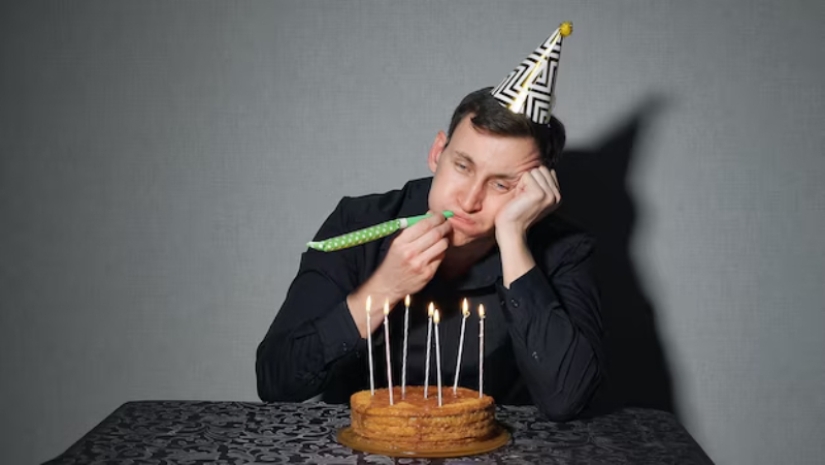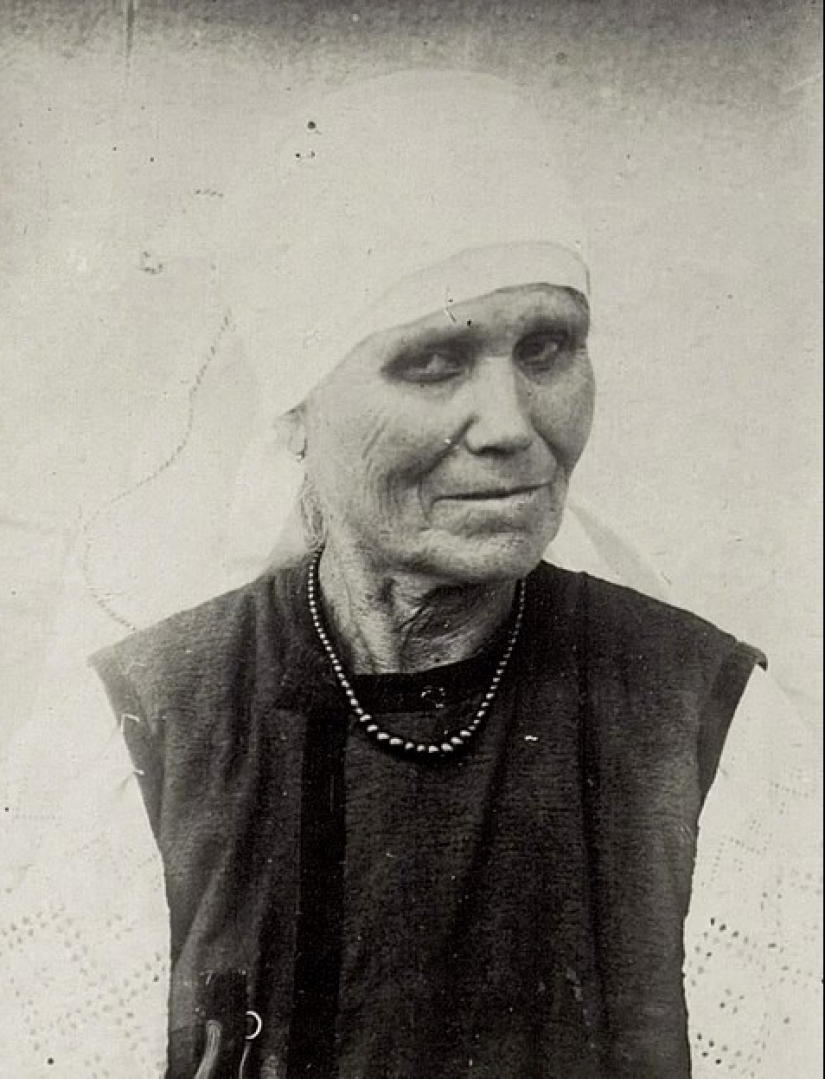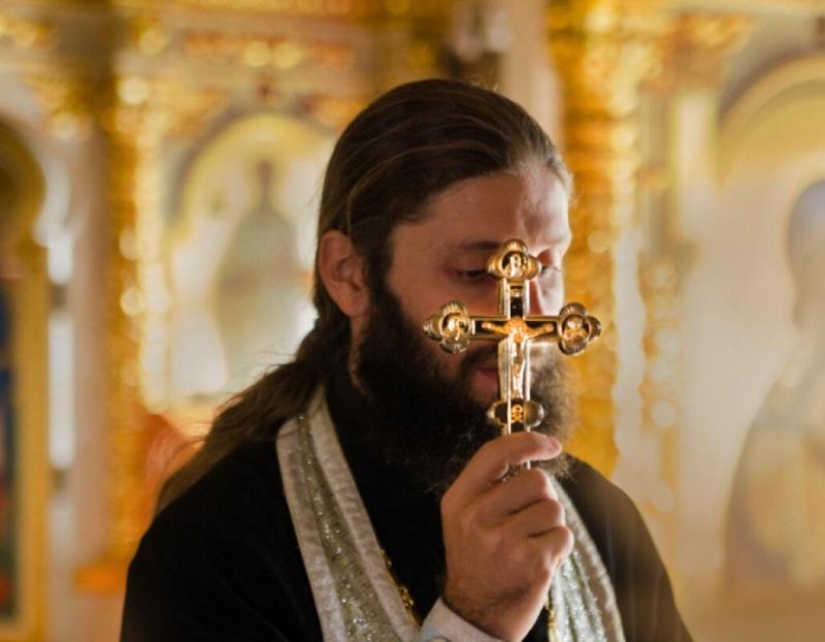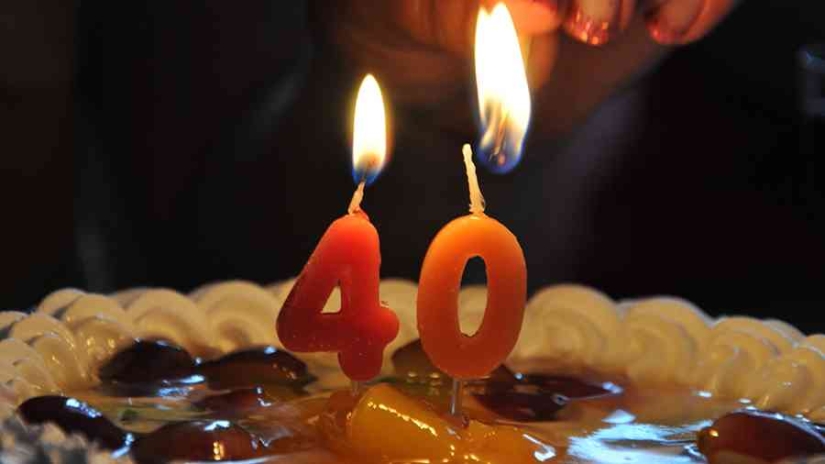Don't Celebrate 40 or You'll Be Left Without Luck: Truth or Myth?
Categories: History | Holidays and Festivals
By Pictolic https://mail.pictolic.com/article/don39t-celebrate-40-or-you39ll-be-left-without-luck-truth-or-myth.htmlNo other date in a person's life is associated with as many superstitions as the 40th birthday. They say that this date should not be celebrated, and those who break this rule face various problems. We even have a tradition: not to celebrate the 40th birthday. Many people follow it - even those who are usually far from prejudices. But why did it happen this way? And is it worth adhering to this custom?

The ban on celebrating the fortieth anniversary has deep historical roots. In the Slavic tradition, the number 40 has always been considered special and even mystical. Remember: Lent lasts for forty days, the soul is between worlds for forty days after death, the forty thieves from Eastern fairy tales.

In Orthodox culture, the number 40 symbolizes transition, testing and purification. That is why many generations of our ancestors treated this age with special caution. It was believed that a person at 40 years old experiences a spiritual crisis and becomes especially vulnerable to negative influences. But there is no mention of the danger of celebrating a 40th birthday in the sacred texts. And from the point of view of the Christian church, there is nothing reprehensible in this date for a believer. Biblical misfortunes are in no way connected with age and especially with congratulations.
Superstitions about the 40th anniversary often originate in mystical fears and ancient beliefs. Many people think that a noisy celebration on this day can “anger” higher powers or bring bad luck. Some believe that if you celebrate on a grand scale, you can shorten your life. Others believe that this is a time for summing up, not for fun. They are sure that it is better to spend the day in silence, reflect on the years lived and think about the future.

Another common myth is that 40 years is a milestone after which life supposedly begins to decline. Such ideas are especially tenacious in small towns and villages, where traditions and prejudices are passed down from generation to generation almost unchanged. In these places, people tend to treat their 40th birthday with special trepidation. But does this age really decide anything? Or are these all just relics of the past that have no real basis?
There is another explanation that some consider "far-fetched", but for the sake of objectivity it is worth mentioning. To understand the superstitions that came from the past, we must take into account the realities of that time. Everyone knows that people used to live much less than today. According to the 1897 census of the Russian Empire and data on deaths in 1896-1897, the founder of Russian sanitary statistics Pyotr Kurakin made disappointing conclusions: the average life expectancy of peasants was only 31 years for women and 29 years for men.

At that time, 40 was considered an advanced age, a kind of “sunset of life.” Celebrating such a date was hardly associated with joy, but rather with thoughts of fading and the approach of death. This may have reinforced the negative perception of turning 40 and reinforced the taboo against celebrating it. Today, when the average life expectancy has increased significantly, this explanation seems outdated, but it helps to understand why superstition has become ingrained in the culture.
Psychologists explain the fear of turning forty quite rationally. At this age, a rethinking of life really does occur - a "midlife crisis". A person begins to think about what he has achieved and what still needs to be done. Such an internal review can cause anxiety, because the past can no longer be changed, and the future seems less certain.

The fear of celebrating 40 years often reflects an internal fear of aging and approaching death. Many people perceive this anniversary as a boundary between youth and maturity. Refusing to celebrate becomes a way of psychological defense, helping to avoid acknowledging the fact of growing up. It is as if people are trying to postpone the realization that their life is moving forward, and time is inexorably running out. Interestingly, in Western culture, turning 40 is perceived as a time of blossoming and new opportunities. The phrase “life begins at forty” is the exact opposite of our superstitions.
Interestingly, the ban on celebrating a 40th birthday is a predominantly Slavic tradition. Other cultures do not have such a superstition. For example, in the US or Europe, 40 years is a reason for a grand party. People happily celebrate this anniversary by organizing themed holidays or trips. In Asian countries such as China or Japan, the number 40 also does not carry a negative connotation, and celebrations depend on local customs.

This shows that the attitude towards turning 40 is a matter of cultural context. If there are no strict taboos in your family or environment, it may be worth looking at this day as a reason for joy, not fear.
Psychologists believe that men and women should banish the irrational fear of turning 40. The best way to overcome it is to celebrate 40 in style, despite superstition. Then you will see that there is nothing scary about it. Despite the mass of myths and alarming associations, 40 is just a number, not endowed with mystical power.
Interestingly, the modern Orthodox Church does not prohibit celebrating 40 years. Priests explain: superstitions contradict the foundations of the Christian faith. A person's life is in God's hands and does not depend on whether a person celebrated his birthday or ignored it. It is important to understand that numbers themselves do not have magical powers, and fear of them is a relic of pagan times.

Moreover, many clergy insist that people be grateful for the years they have lived and rejoice in every day given by God. They believe that giving in to pagan fears means retreating from the true faith. Joy, gratitude, and awareness of divine providence are the feelings that a believer should have. They help to better understand the meaning of life and accept each stage of it with peace in the soul.
If you are still afraid to celebrate your 40th birthday because of superstitions, there are ways to get around the "ban" and still celebrate. For example, you can arrange a modest family celebration instead of a noisy party. Or celebrate not the birthday itself, but, say, "farewell to the 39th birthday" - this approach is often used by those who want to avoid bad omens.

Another option is to focus on the inner meaning of the holiday. Make this day special: go on a trip, do something you love, or have an evening of gratitude for everything you have achieved. The main thing is to listen to your heart and not give in to fears.
Superstitions about turning 40 are part of our culture, but they shouldn’t dictate how you live your life. Myths about the ban on celebrating have their roots in ancient beliefs, but in the modern world, they are losing their power. Turning 40 is a time for joy, new plans, and bold steps forward. Celebrate this day the way you want, and don’t let fears overshadow your celebration.
Do you believe in superstitions about turning 40? How are you planning to celebrate this anniversary — or maybe you already have? Share your thoughts in the comments!
Recent articles

Most of us think that the color of the eggshell does not play any role and it is possible not to pay attention. But it's not and ...

The more we rely on technology, the more potential power hackers gain over us. It doesn't matter if their goal is to help or cause ...

Creating a good portrait is one of the most difficult tasks for any photographer. In order to make a really natural and memorable ...